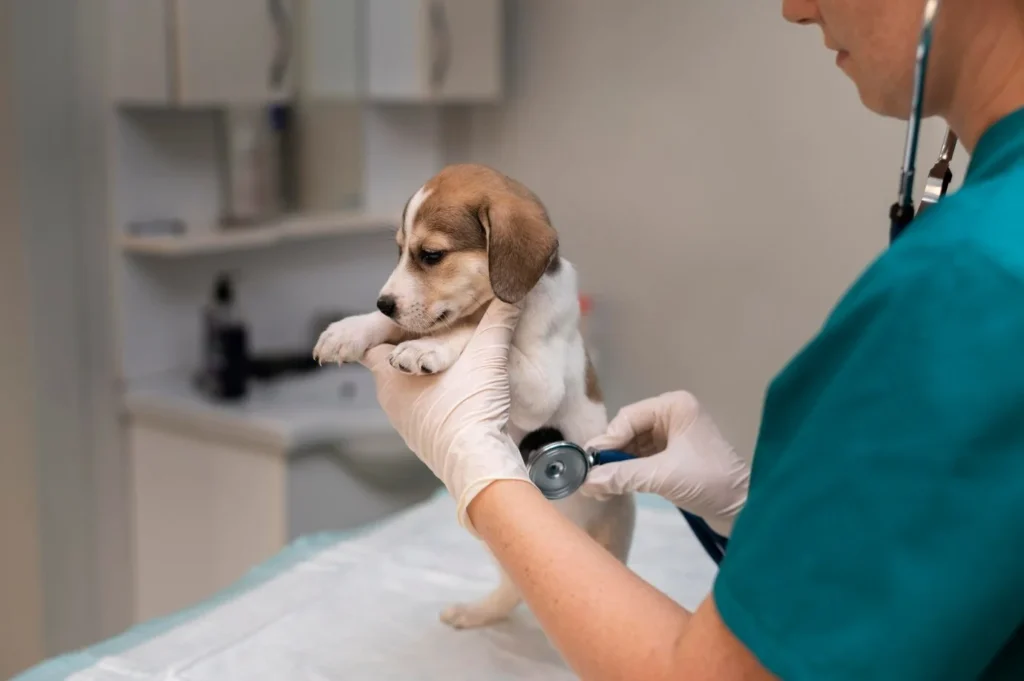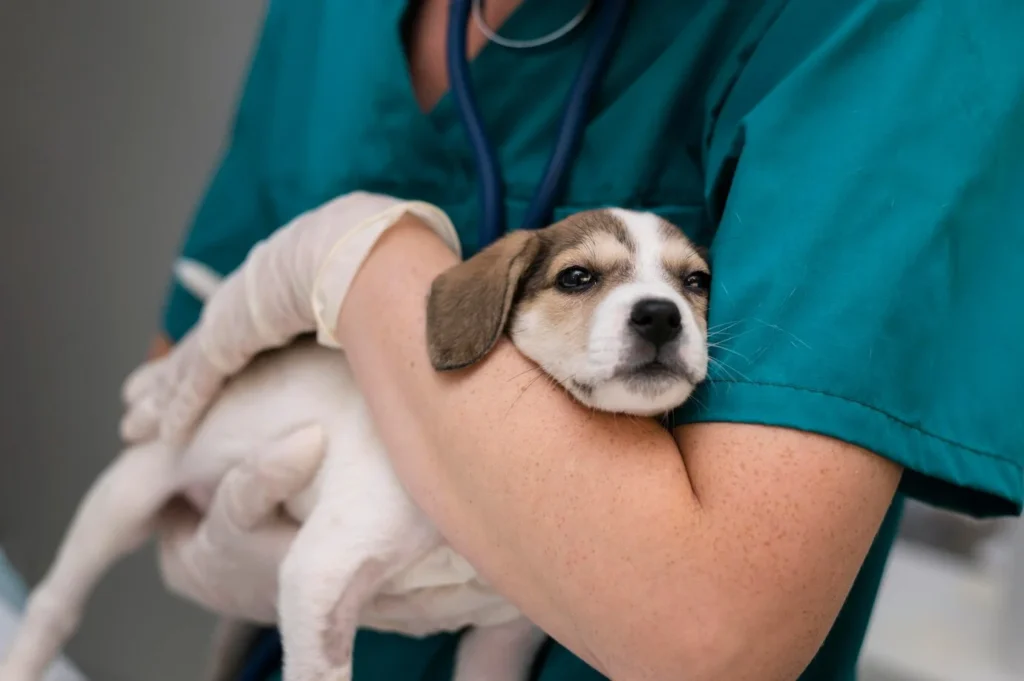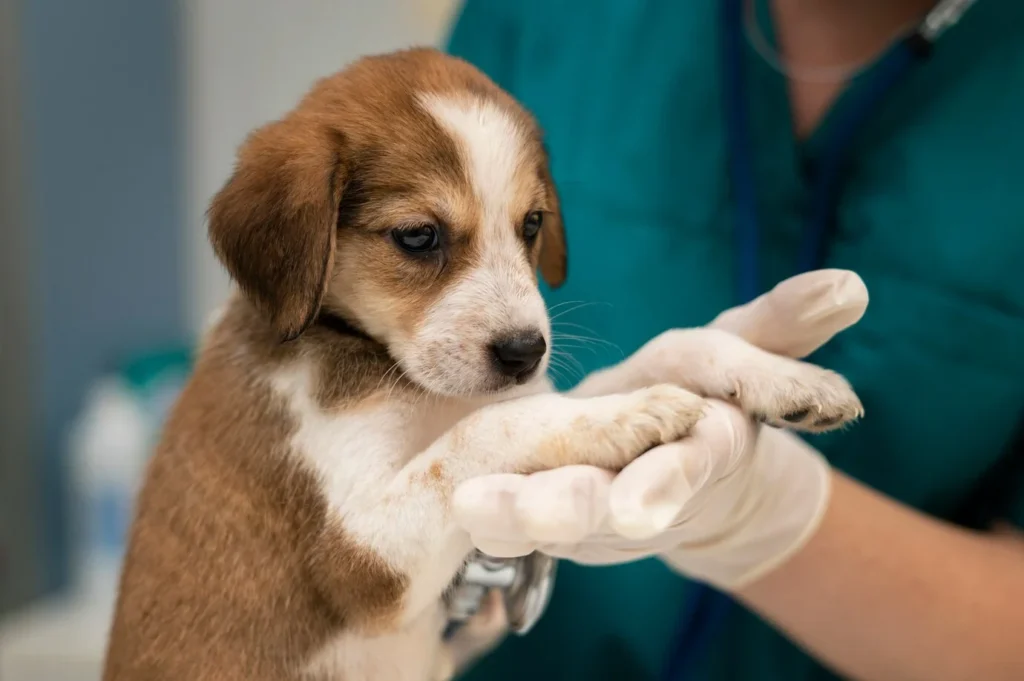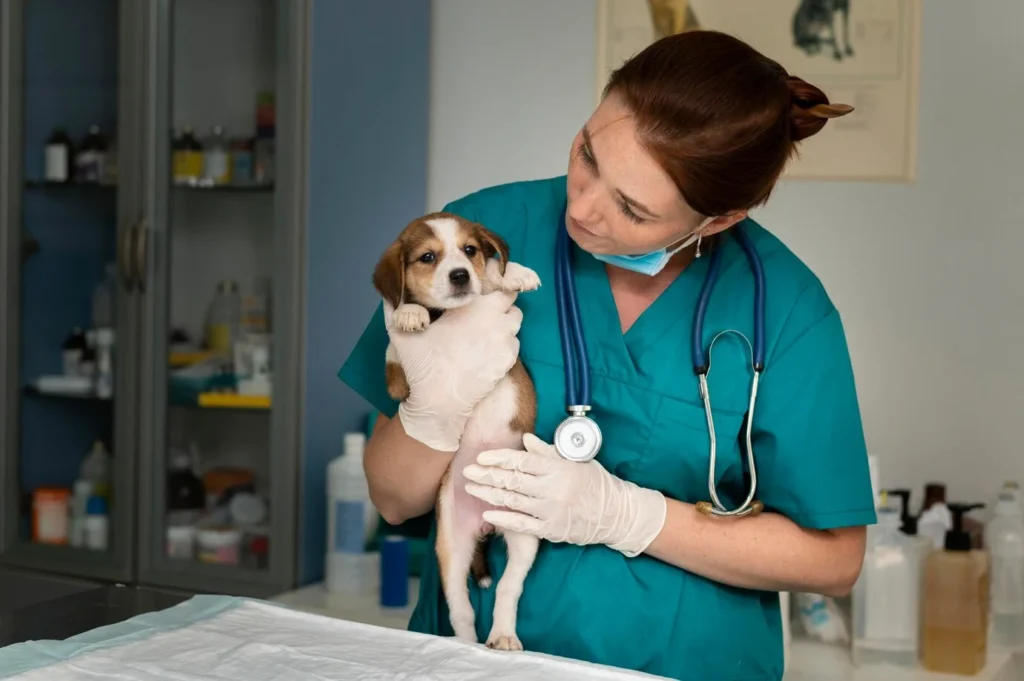-
Kutchina service center, Kolkata - 700010
Kutchina service center, Kolkata - 700010

Dog pancreatic disease recovery requires proper diet, medical care, and lifestyle adjustments. Learn expert tips to help your furry friend heal effectively.
When a dog is diagnosed with pancreatic disease, it can be a stressful time for both the pet and the owner. The pancreas plays a crucial role in digestion and insulin production, so any disruption can lead to serious health complications. Proper care, diet adjustments, and veterinary guidance are essential for a smooth dog pancreatic disease recovery.
If your dog is recovering from pancreatitis or another pancreatic disorder, it is important to provide the right support. From modifying their diet to managing stress levels, small changes can make a big difference in their healing process.

In this guide, we’ll explore the best ways to help your pet recover and regain their health.
Recovery from pancreatic disease doesn’t happen overnight. However, you may notice gradual improvements in your dog’s condition. Some signs that indicate positive progress include:
If your dog still shows signs of discomfort, such as excessive fatigue or abdominal pain, consult a veterinarian immediately to ensure there are no complications.

Diet is one of the most important aspects of dog pancreatic disease recovery. The pancreas plays a direct role in digestion, so any dietary strain can slow down the healing process.
Here’s how to adjust your dog’s diet:
Veterinarians often recommend prescription diets formulated for pancreatic issues. These diets contain easily digestible nutrients that promote healing.
During recovery, your vet may prescribe medications to help manage pain, inflammation, or digestion issues. It’s important to follow their instructions carefully.
Common medications for pancreatic disease recovery include:
Never give your dog over-the-counter medications without consulting your vet, as some human drugs can be toxic to pets.
Stress can negatively impact recovery by affecting digestion and overall health. Creating a calm environment for your dog can promote faster healing.
Here’s how you can reduce stress:
Dogs recovering from pancreatic disease need extra care and attention, so be patient and reassuring during this period.
Weight loss is common in dogs with pancreatic disease due to poor nutrient absorption. Keeping track of their weight and energy levels can help assess their recovery progress.
If your dog struggles to maintain a healthy weight, consult a vet about adjusting their diet or adding supplements.
Many commercial dog treats contain high fat levels, which can trigger pancreatic flare-ups. While treats are a great way to reward your pet, they should be chosen wisely.
Safe treat options include:
Always check the ingredient list before giving your dog any commercial treat.
Even if your dog seems to be recovering well, regular checkups with a vet are necessary to ensure there are no underlying issues. A professional evaluation can help:
The Best Pet Clinic can offer expert care and ongoing monitoring to ensure your dog stays on the path to full recovery.

Recovery time varies depending on the severity of the condition. Mild cases of pancreatitis may take a few weeks, while chronic pancreatic disease requires lifelong management.
Yes, with proper diet, medication, and regular vet visits, dogs with pancreatic disease can live happy, healthy lives.
Avoid fatty foods, dairy products, spicy or fried foods, and processed treats, as these can trigger inflammation and digestive issues.
Yes, but in moderation. Short, gentle walks can keep your dog active without putting stress on their body. Avoid strenuous activities until your vet approves.
Unfortunately, pancreatitis and other pancreatic disorders can reoccur. Preventative care, including a controlled diet and stress management, is essential for long-term health.
Supporting a dog through dog pancreatic disease recovery requires patience, the right diet, and regular veterinary care. By making thoughtful adjustments to their food, reducing stress, and ensuring proper hydration, you can help your furry friend heal effectively.
If you’re looking for expert veterinary guidance, a reputed pet clinic can provide specialized care to manage your dog’s condition and ensure long-term health.
Taking the right steps today will help your dog regain strength, stay comfortable, and lead a happy, active life. Keep a close eye on their progress, follow vet recommendations, and most importantly—give them lots of love and care!